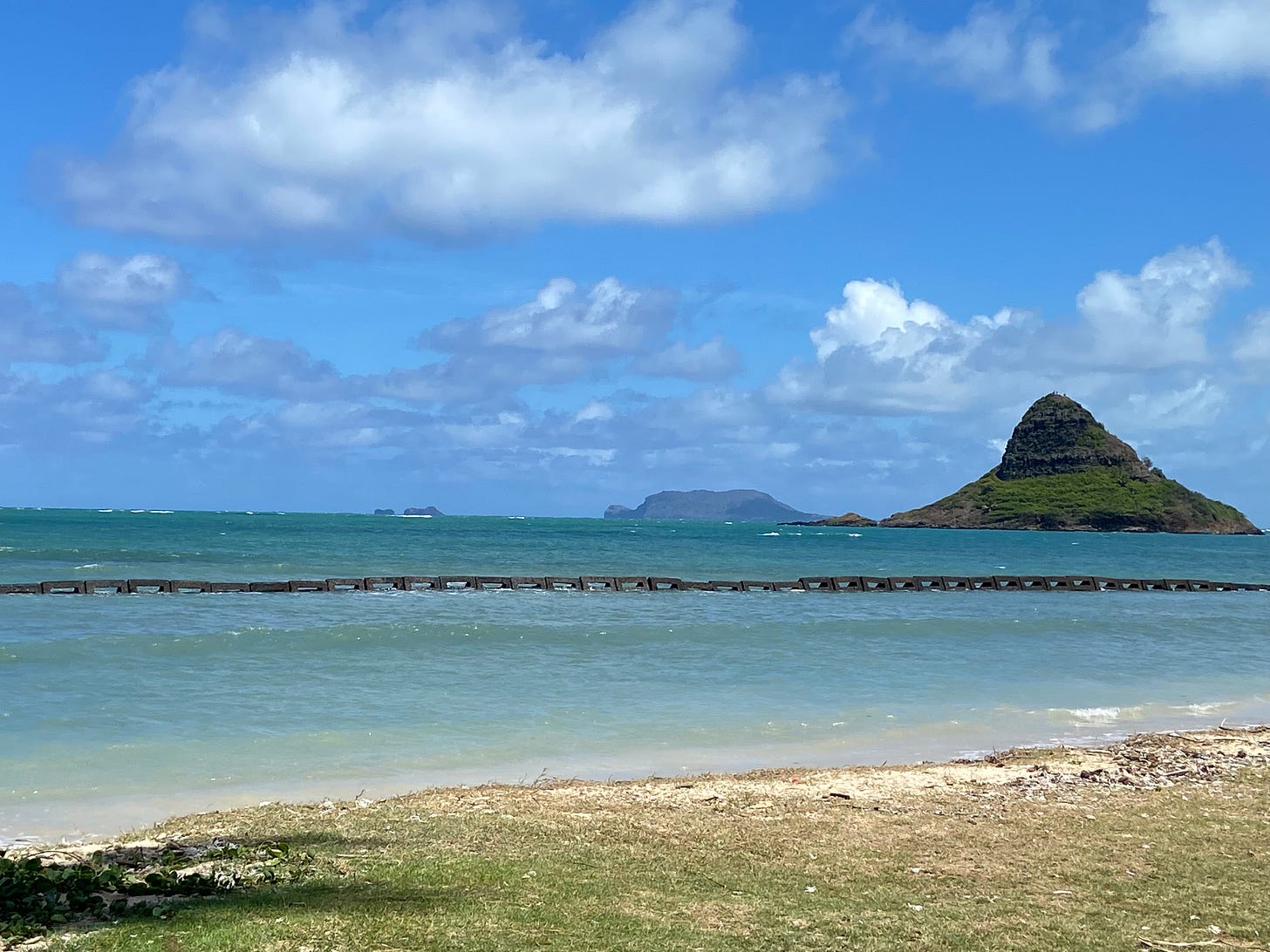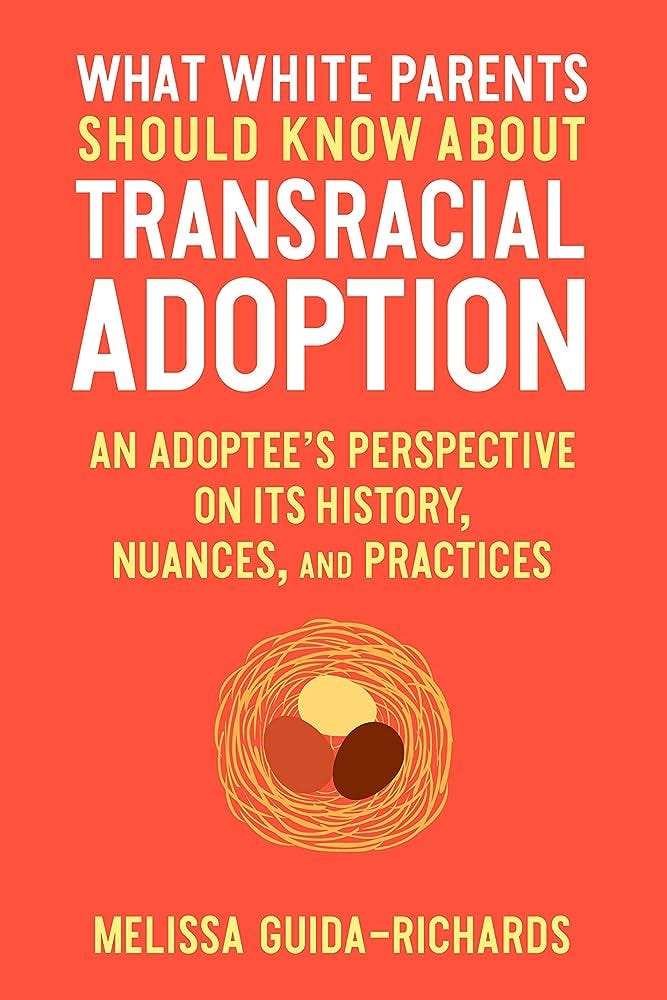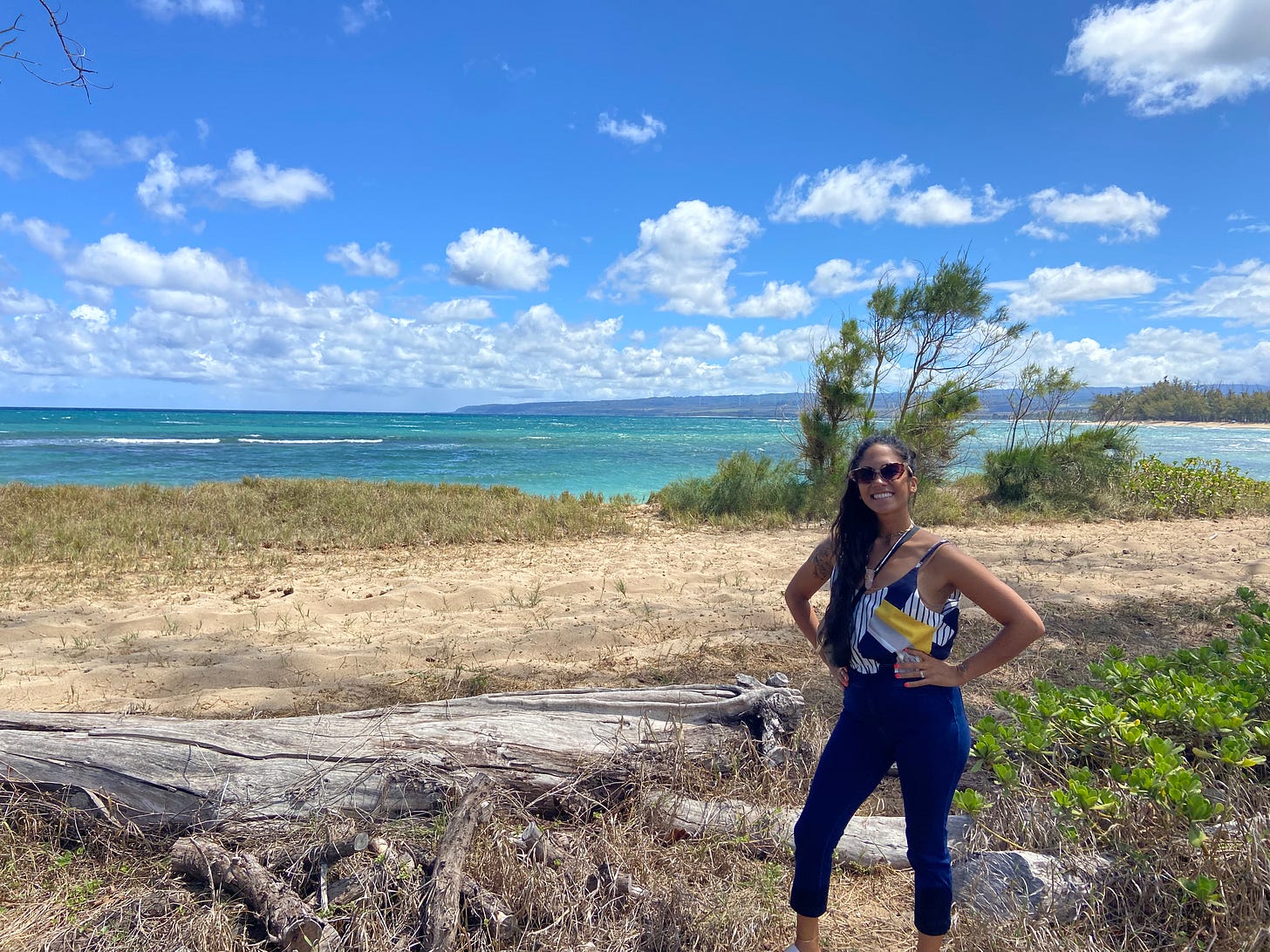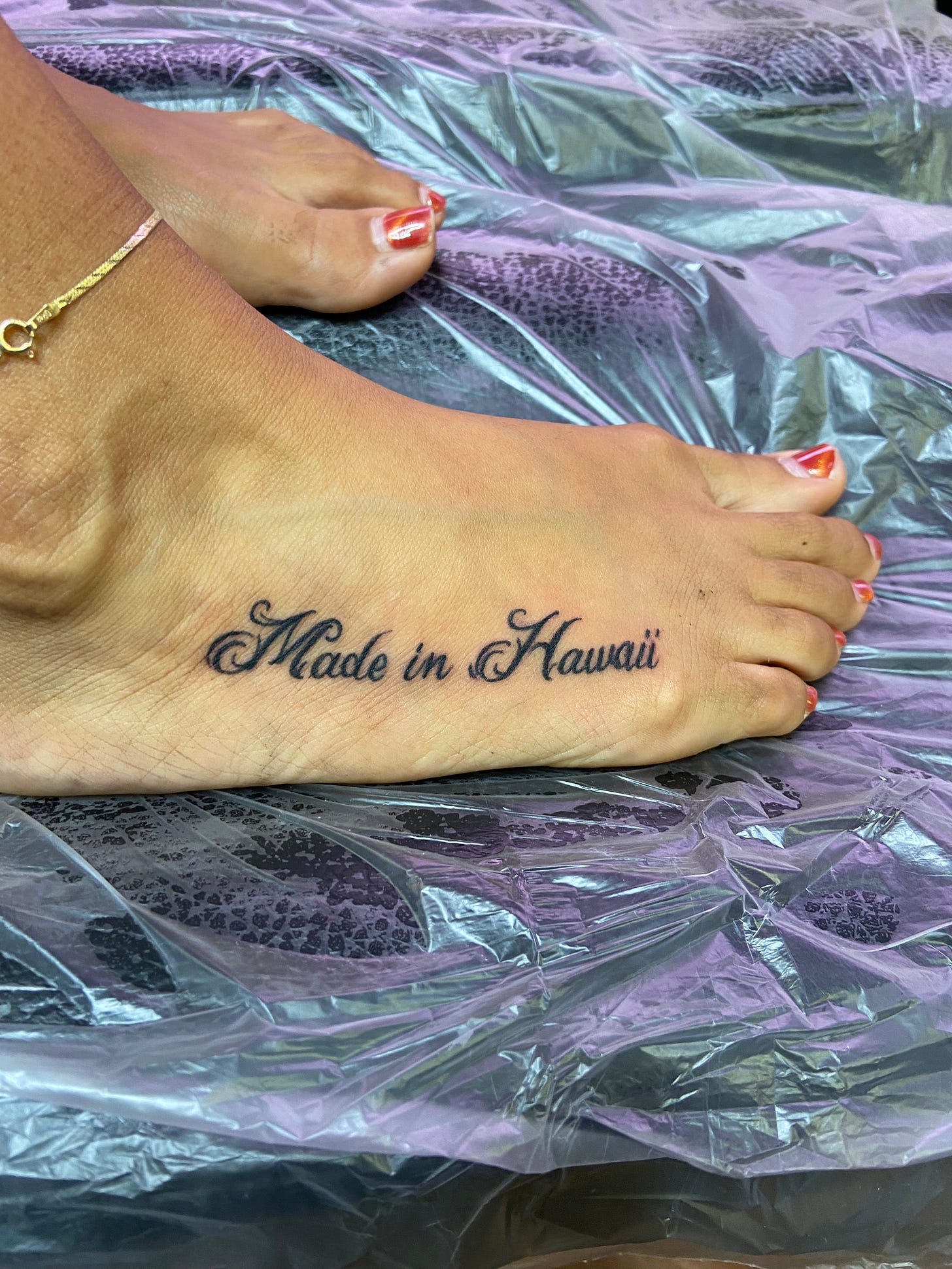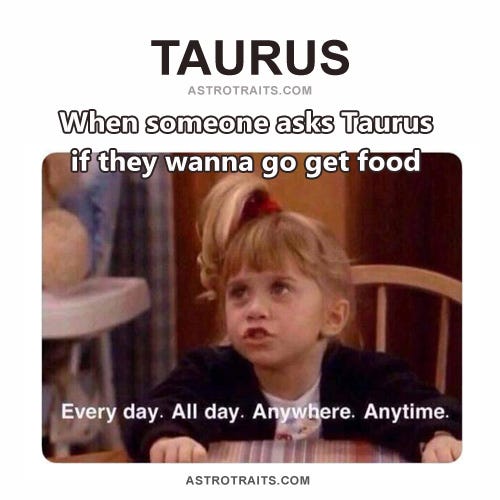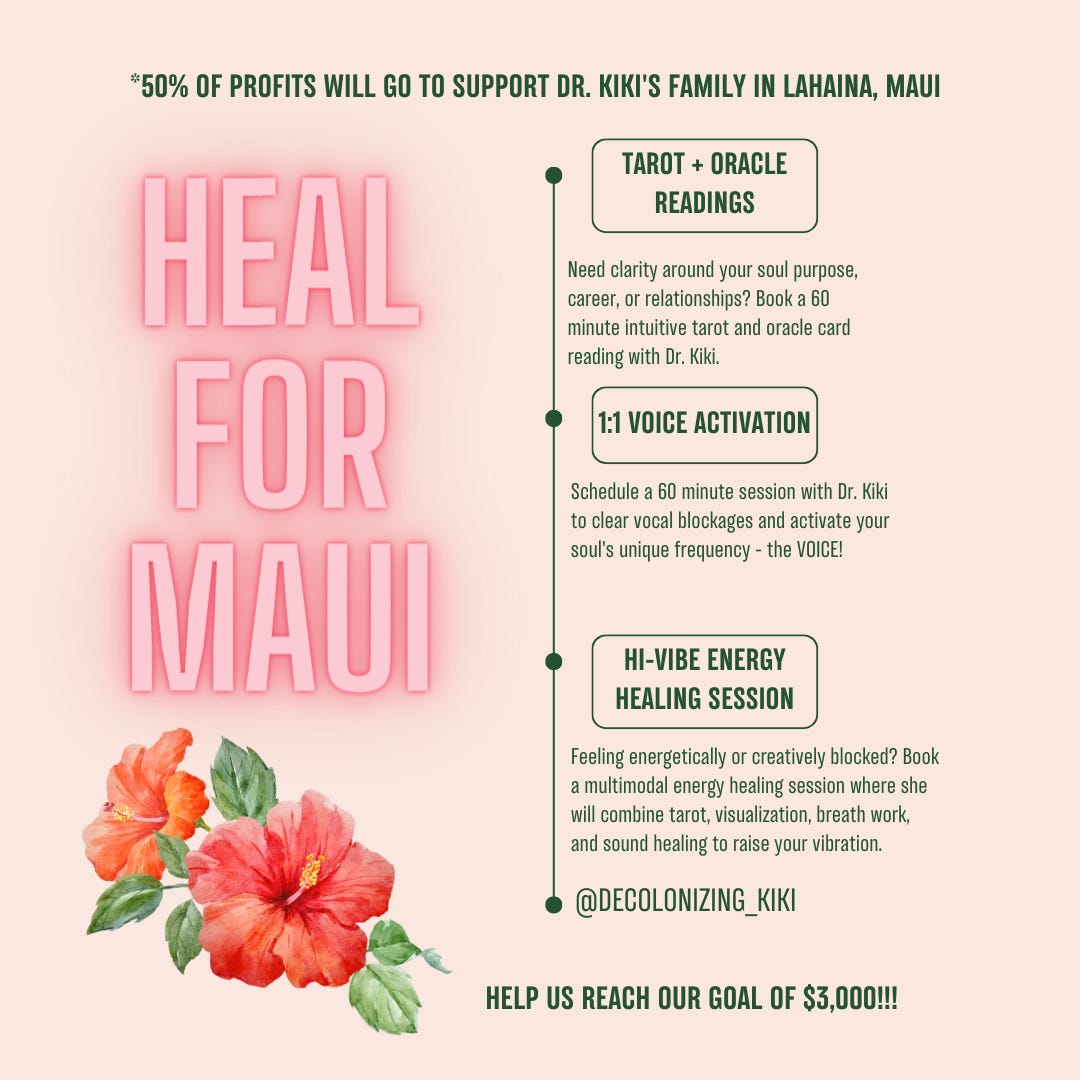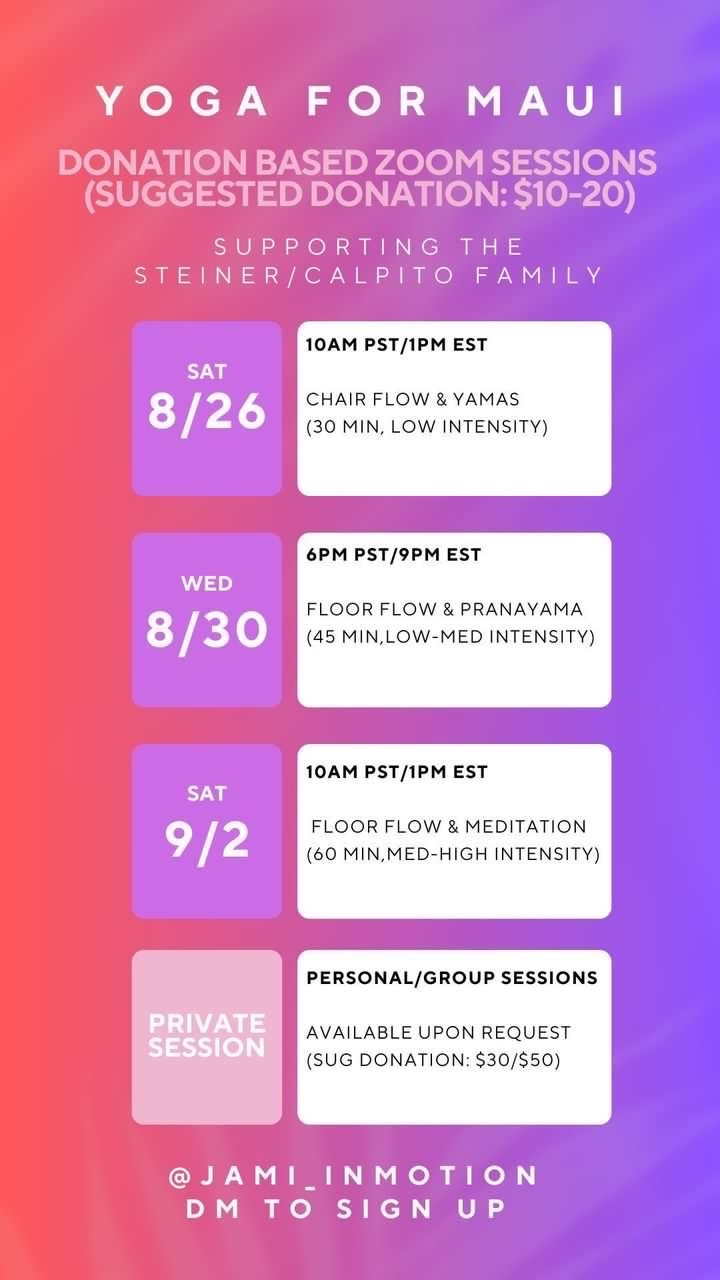My whole decolonization journey has been about reclaiming the parts of myself that for so long I felt disconnected from and healing the shame I held inside myself for being separated from my biological families and cultures.
In learning about the term transracial adoptee while “coming out of the adoptee fog” in 2020, I immediately felt a resonance in body because it was a term I could use that might help others understand my lived experience a little bit better. By claiming the term transracial adoptee, I could finally tell the story of how I was raised in a racial, ethnic, and cultural environment that differed from my biological racial, ethnic, and cultural background, and how that experience impacted my self-image, mental and emotional health, and the trajectory of my life.
To learn more about transracial adoption, check out the book: What White Parents Should Know About Transracial Adoption: An Adoptee’s Perspective On Its History, Nuances, and Practices
When I reunited with my biological Dad in 2020, I learned that my ancestors are Ilokano, from the Ilocos region of the Philippines, and they migrated to the islands of Hawai’i to work the sugar plantations in the 1940s. Since then, Hawai’i has been home for my family—it’s where my Dad and my older siblings were born and raised, and where our ‘ohana (Hawaiian meaning “family”) is rooted. In fact, our family doesn’t even have any connection with biological relatives in the Philippines.
Read this article on “The Politics of Ethnicity among Ilokanos in Hawaii”
But when I began tracing my ancestry, I found myself in another “cultural gray area.” Although my ancestors migrated to Hawai’i because of colonization, I realized my ancestors were also settlers on Native Hawaiian land. In trying to make sense of my ancestry, I only became more confused about what it meant for me to “decolonize.” And for a while, I felt even more shame because not only was I learning about being Filipino, I was also learning what it means to have cultural roots in Hawai’i.
After years of being trained in Western European traditions and practices, I felt like a total fraud.
Growing up, I never felt like myself in rural, white America, but in learning more about my family lineage and ancestry, I felt like I didn’t know myself at all.
Even after doing all the work to find my Dad and reconnect with my culture, I still struggled with feeling like I belonged. And for the most part, I continued to shame myself for all the ways I was different from my Dad and my Filipino-Hawaiian culture.
Then in 2021, I stayed with my Dad and siblings in Hawai’i for about seven weeks, and throughout my visit, many of my wounds around my ethnic and cultural identity began to heal. I rode horses with my brother, Bronson, I sang karaoke and danced with my sister, Deanna, I went deep sea fishing with my brother, Tony, I rode around the island of O’ahu on the back of my Dad’s motorcycle, and I held ritual in the ocean with my sister, Dawn.
The memories we made together will be with me for the rest of my life—and it didn’t take long for Hawai’i to become a place I call "Home.”
While in Hawai’i, I told my Dad I wanted to commemorate my visit with a tattoo, and it didn’t take long before we were on our way to a tattoo parlor. It was decided - I was going to get “Made in Hawaii” tattooed on my foot because even though I didn’t grow up there, my Dad didn’t want me to forget that Hawai’i is and always will be my home. As someone who has always been seeking for that feeling of belonging, this simple, tongue-in-cheek tattoo represents how my relationship with my cultural identity has healed, grown, and evolved.
Since my trip to Hawai’i in 2021, I have continued to heal my relationship with my ethnic and cultural identity by finding ways to incorporate Filipino and Hawaiian culture in my everyday life.
Food 🍜 and music 🎵 are my favorite medicines to work with.
For me, eating foods and listening to music from Filipino and Hawaiian culture 🌴 is a way for me to connect with my ancestors through my senses—touch, taste, smell, sound, sight, and intuition.
By preparing foods that my ancestors made, time ⏰ literally stands still, and I can experience the past, present, and the future all at once. Similarly, when listening to music from Filipino and Hawaiian culture, the frequencies and vibrations ♒️ stir my emotions, calling me to move my body, sing, cry, and laugh. And almost immediately, I can access my body’s wisdom—the wisdom that is stored in my DNA🧬—as well as, connect with Mother Earth and Spirit, the universe, and my liberated Self.
And ever so slowly over time, I have felt something shift inside of me: I feel more integrated as a whole and I have felt the most disparate parts of me start to come back together.

On August 7, 2023, my 31st birthday, I co-facilitated the first gathering of the Soft Power Choir 🌟, which truly felt like the culmination of the journey I have been on in the last 3 years.
The day after, the wildfires in Maui began…
In the past couple of weeks, I have been watching apocalyptic scenes on social media and the news as the wildfires ravage the aina, or land, in Maui and O’ahu. The devastation in Lahaina, Maui has been heartbreaking and, to be honest, quite triggering. I really don’t understand how anyone could debate the role of colonialism in climate change and this environmental tragedy.
This event particularly hit home when my Dad and I received the news that members of our family who live in Lahaina, Maui also lost their 7-bedroom home, vehicles, and precious belongings. Thankfully, our family was able to evacuate and find safe shelter, but only with what they had on their backs.
On the phone, our cousin explained that had they waited even 5 or 10 minutes longer to evacuate, they might not have made it out safely. They could feel the heat on their faces as they fled their home.
As we learn more about the wildfires and our family’s losses, many emotions bubble to the surface—disbelief, grief, anger, and more grief. At first, I felt helpless as I watched my Dad receive the news. Once I was able to take a moment to breathe, however, I started to receive downloads about how to channel my energy. Although I am still in the beginning stages of creating relationships with my biological ‘ohana, and I continue to battle my inner dialogue that tells me “I am not enough” and “it’s not my place,” I have decided to put my focus on my intention: to help resource my family members in need.
As of today, we have raised over $2,000, almost meeting our goal of $3,000!!!
In support of these fundraising efforts, I am donating 50% of my profits through Decolonizing Kiki LLC (see image below) and my Dad is collecting tips through his food stall Papa Ron’s Hale that will go to our Calpito Ohana Maui Relief Fund.
If you would like to donate, you can send money to Venmo - Kiernan Steiner (@kiernanmsteiner).
A big shout out to our
collective and
for your love and donation from The Love Salon 🌹 YouTube live stream on August 13th. Click on the link to watch the replay!
Another way you can support our fundraiser is to follow on Instagram @jami_inmotion who is going to host a series called Yoga for Maui 🌺
THANK YOU and MAHALO to everyone who has supported our fundraising efforts. Every donation counts and is so greatly appreciated!
Based on what I know about the damages and losses in Lahaina, the rebuilding process is going to take abundant resources and time. Local residents and advocates are saying that this is going to be a marathon, not a sprint as the community organizes, grieves, and rebuilds. Each day I am sending heart beams 💓 and prayers 🙏🏽for the people of Maui, and Hawai’i at large.
If you want to be involved in a creative community that is organizing at this time for the people of Maui, YOU are invited to join the Soft Power Choir 🌟
Click here to register and join the Singing Revolution 2.0!
To learn more about your Soft Power Choir 🌟Guides - watch this YouTube live stream with myself and n4than!





